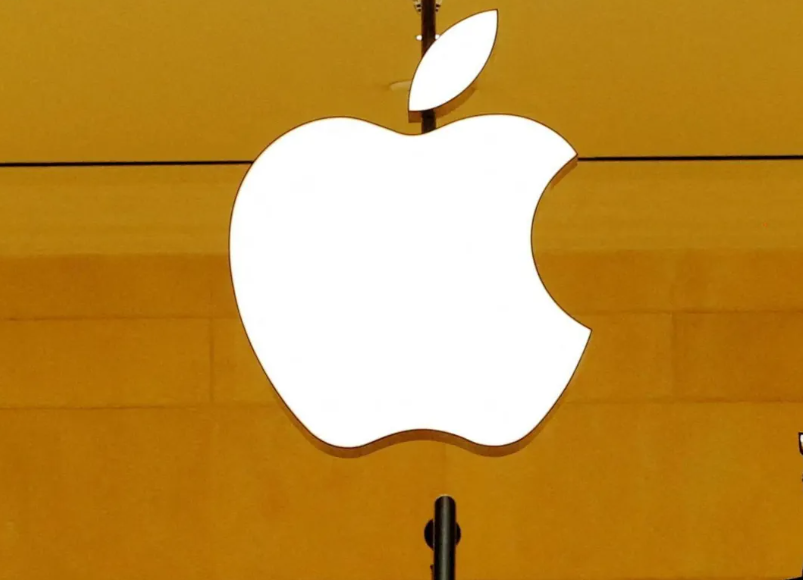The European Court of Justice (ECJ) has ordered Apple to pay €13 billion (£11 billion; $14 billion) in back taxes to Ireland. The European Commission had previously accused Ireland of providing Apple with illegal tax benefits eight years ago, though the Irish government has contested the necessity of the payment. The ECJ declared that its decision is final, stating that “Ireland granted unlawful aid to Apple, which must be recovered.” Apple expressed disappointment with the ruling, claiming that the European Commission is “retroactively changing the rules.”
On Tuesday, the European Court of Justice (ECJ) also concluded a lengthy case against Google, imposing a €2.4 billion (£2 billion) fine for abuse of market dominance.
The ECJ’s ruling on Apple confirmed the European Commission’s 2016 decision, ending a protracted legal battle. The case, covering the period from 1991 to 2014, involved the tax treatment of profits from two Apple subsidiaries in Ireland. The ECJ found these tax arrangements illegal because they provided advantages not available to other companies.
The original decision aimed to address concerns about multinational companies using complex financial schemes to lower their tax liabilities. Although overturned by the lower ECJ court in 2020 following Ireland’s appeal, this latest ruling by the higher court reversed that verdict, citing legal errors.
Apple responded, stating: “This case has never been about how much tax we pay, but which government we are required to pay it to. We always pay all the taxes we owe wherever we operate and have never received a special deal. The European Commission is trying to retroactively change the rules and disregard that our income was taxed in the US as per international tax law. We are disappointed with today’s decision, especially after the General Court previously annulled this case.”
This news comes a day after Apple launched its new iPhone 16 range.
The ECJ ruling requires Ireland to recover €13 billion in back taxes from Apple, a situation Dublin has long sought to avoid through extensive legal battles. The Irish government has argued that forcing Apple to repay these taxes would undermine the country’s appeal as a base for multinational corporations, leveraging its low corporate tax rate to attract businesses.
Although corporate tax rates are set nationally and fall outside EU jurisdiction, the European Union has broad powers to regulate state aid. The EU contends that Ireland’s low tax rates for Apple constituted an unfair subsidy.
This decision marks a significant victory for the European Commission in its efforts to curb corporate tax avoidance.
In a separate case, the ECJ has also imposed a €2.4 billion fine on Google for abusing its market dominance with its shopping comparison service. Google, which had been appealing the 2017 fine, expressed disappointment with the ruling. The fine, the largest ever issued by the European Commission at the time, was later surpassed by a €4.3 billion penalty for using Android software to unfairly promote its own apps.

